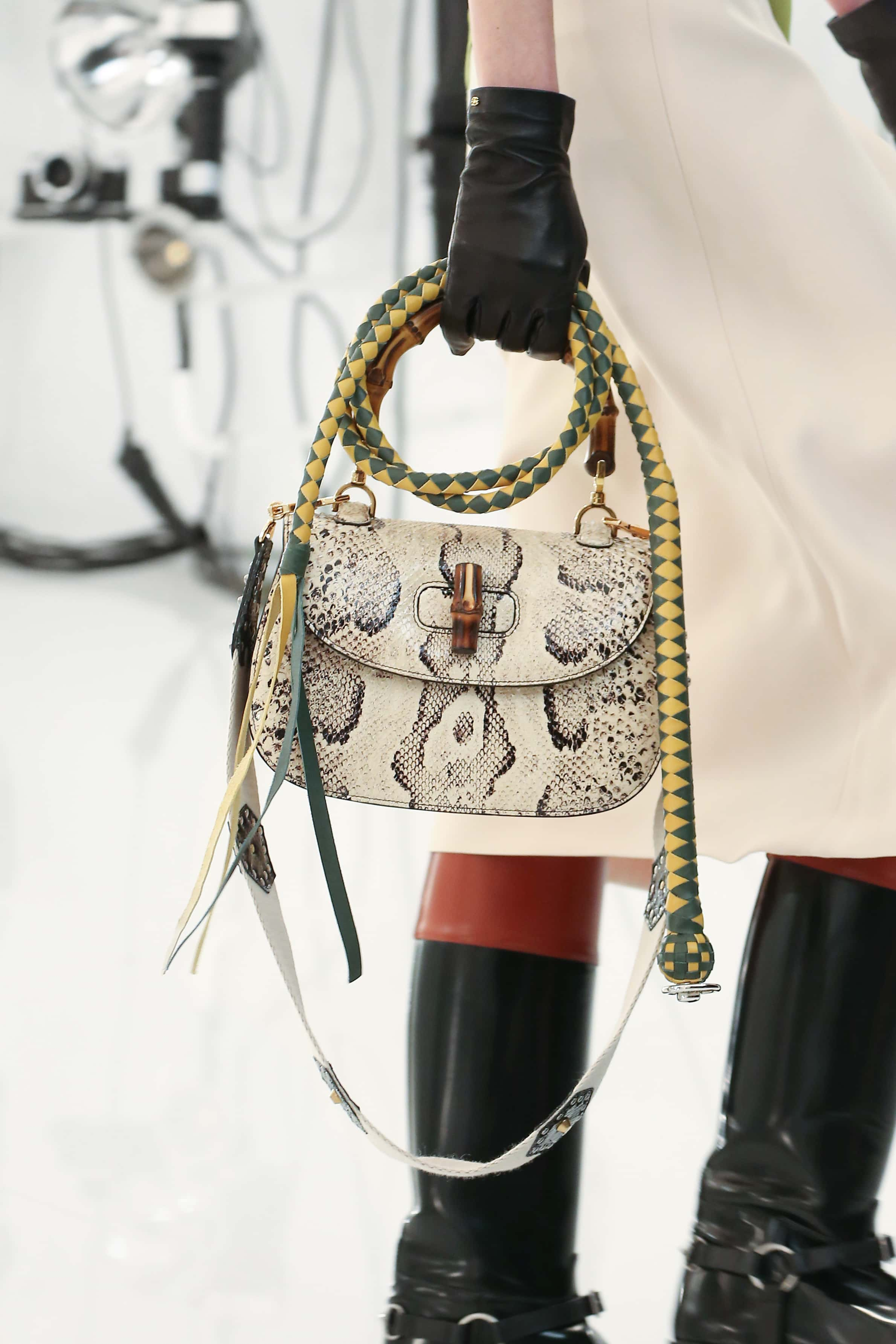Gucci, Louis Vuitton exposed: Reptiles brutally slaughtered, skinned alive in horror video

People for the Ethical Treatment of Animals (PETA) has launched an explosive investigation into animal rights violations allegedly being committed by brands like Louis Vuitton and Gucci. The companies are accused of selling bags, belts, and wallets made from snakes and lizards that were cruelly killed, including being beheaded and skinned alive.
Disturbing photos and videos were captured at a facility in Indonesia secretly by PETA to demonstrate how these reptiles used in the luxury fashion industry are slaughtered. According to the graphic content shared with New York Post, some of the reptiles were bludgeoned repeatedly with a machete; their legs were cut off even as the lizards writhed in pain. In other videos, snakes were seen being partially slit open with hoses being stuck down their throats to inflate them with water. PETA spokeswoman Ashley Byrne said that the practice makes it easier to skin them alive. “Because of their unique physiology, lizards do not die instantaneously after being decapitated and their brains can remain conscious and fully able to feel pain for over 30 minutes,” according to PETA.”
READ MORE
Can dairy products lead to autism? Internet slams PETA and labels it a conspiracy theorist group
PETA mocked for 'fetishistic art' post on National Boob Day, shows man drink from 'cow’s boobs'
WARNING: THIS VIDEO IS EXTREMELY GRAPHIC AND CAN BE DISTURBING TO SOME READERS
In one of the videos, lizards’ heads continued to move after they’d been hacked off from the rest of the body. “We have documented evidence of cruelty to reptiles in the supply chain for years,” Byrne told The Post, “But this is the first time we could expose how they are killed. This footage is straight out of a horror movie.”
PETA sends warning letters to Louis Vuitton and Gucci
The luxury conglomerate LVMH, which owns Louis Vuitton, and Kering, which owns Gucci, were sent letters by PETA following the bombshell investigation. In a statement to The Post, LVMH said: “LVMH respects all views and sensitivities on the use of animal-based raw materials and we support and are actively involved in the sector’s efforts to achieve the best possible practices. Our intention is to provide customers with a product that has been made in the most responsible and ethical manner possible.”
Kering was informed in a separate letter from PETA president Ingrid Newkirk written to chief executive Francois-Henri Pinault that live lizards in its supply chain have their “legs tied tightly together” while they are “submerged in tubs of water before they were placed on a wooden block and decapitated.”
Kering, which stopped using fur in September, said in a statement that “while we have taken these allegations very seriously, there is no evidence that Kering brands are directly or indirectly connected with this facility or those practices. Such practices are strictly forbidden by Kering’s animal welfare standards.”
A spokeswoman from the company added that it had launched an internal investigation. “Should there be a proven connection between this facility and our supply chain, we would immediately terminate the business relationship,” she said. “We are committed to continuously enhance traceability and animal welfare in our supply chains.”

PETA planning protests
Both luxury fashion houses use the Indonesia-based company International Leather Works to procure exotic skins from the farms, PETA’s Byrne said. PETA is planning protests at Gucci and Louis Vuitton stores in Las Vegas starting next week, Byrne said. The organization is pushing the brands to commit to using vegan leather instead of exotic skins. It is holding the companies’ own motto that purport to use only businesses that treat animals humanely.
And gradually but surely, changes are happening. In November, Louis Vuitton unveiled its first vegan leather sneaker made from corn called Charlie. It is made from Biopolioli, a corn-based material that’s similar to polyurethane but more sustainable. Gucci also introduced the Demetra, a new leather alternative sneaker in June that’s made from plants and wood pulp, and viscose.










